Odisha (formerly Orissa) is a popular tourist destination in India and is known for its fascinating tribal culture and numerous ancient Hindu temples. The capital city, Bhubaneswar is home to a lot of temples and historical landmarks. The Raibania Fort is another popular historical tourist landmark in Baleshwar. It is a group of ancient forts and the complex is considered to be the biggest medieval fort in Eastern India. Built during the reign of ruler Narasingha Deva I, this complex is 776 years old and a splendid landmark for history buffs and enthusiasts.
Raibania Fort Location
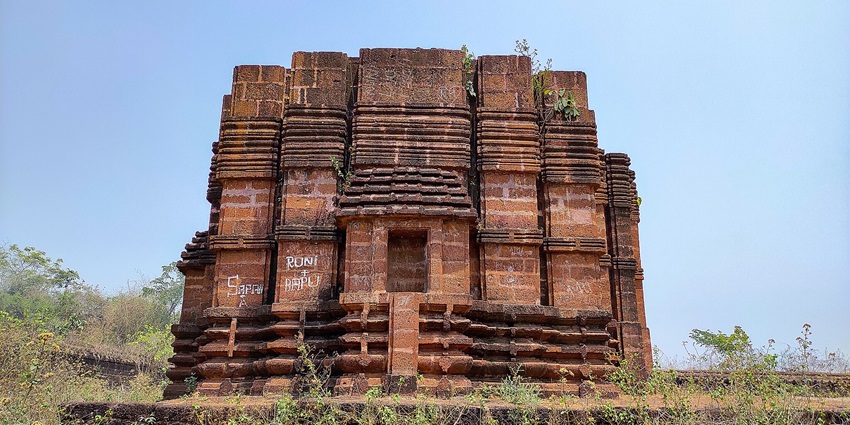
Photo: Tisha Mukherjee / Wikimedia Commons
Formerly known as the Deulgaon Fort in Kalinga history, the Raibania Fort address lies in the present-day Balasore district of Raibania, Odisha (or Orissa) and 14 km away from Jaleswar. This Fort complex is considered to be the biggest medieval fort in Eastern India. In ancient times, this fort was primarily used to provide protection and safety to the state from invasions of the Mughals, Afghans as well as the Marathas. Situated on the border of West Bengal, the fort was one of the remaining independent forts in Eastern India.
Suggested Read: Street Food In Bhubaneswar
How To Reach Raibania Fort
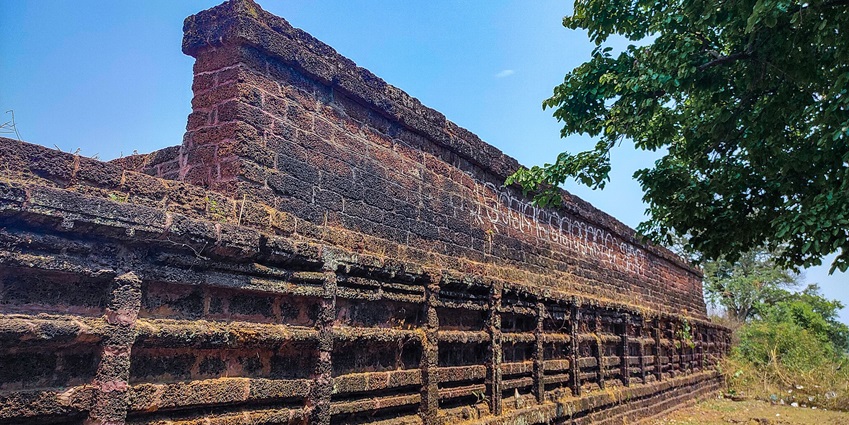
Photo: Tisha Mukherjee / Wikimedia Commons
Reaching Raibania Fort, Odisha is quite easy as it is well-connected with other cities of the state.
By Air: There are no airports in Balasore and the nearest airport is about 165 km away, which is the Jamshedpur Airport. Visitors can hire a cab or rent a car from the airport to reach the tourist landmark in 3 to 4 hours.
By Road: The nearest major city, Baripada is situated about 58 km away and visitors can reach the fort in about 1 hour and 30 minutes, depending on the traffic.
By Train: The Balasore Railway station, which is the nearest railway station to the fort is located approximately 66 km away. From the station, tourists can easily hire a taxi or other means of local transport available and reach the airport in about 2 hours, depending on the traffic.
History Of Raibania Fort
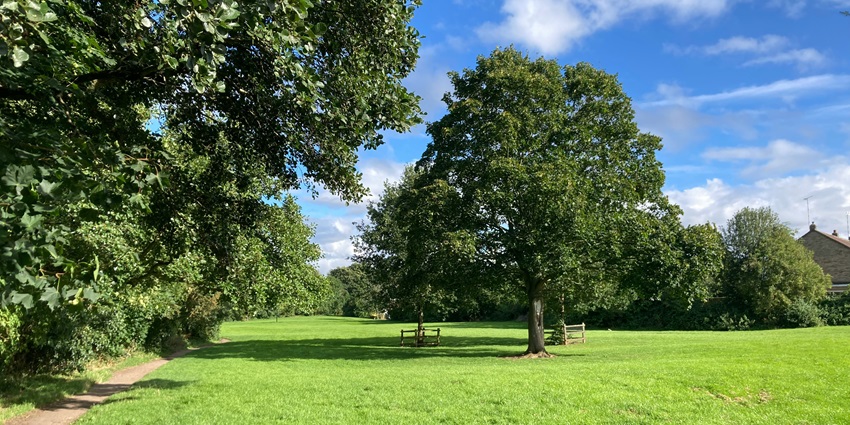
Photo: Stephen Cobb / Unsplash / Image For Representation Only
Raibania Fort was built by Narasingha Deva I, a warrior of the Ganga dynasty in the Kalinga region. Situated near the Subarnarekha River, it was constructed in the medieval era, in a military-type structure to provide protection from the outside. According to historians, the fort was also used as a centre to train soldiers as well as cavalry and elephantry between 1238 and 1264 AD. There are also rumours that the soldiers utilised the fort’s hidden tunnels as a means of enemy attack.
The entire complex with its forts was built over a decade, with thousands of labourers employed for construction. The Ganga Dynasty’s royal family had numerous palaces and roughly four forts constructed for them, ruins of which are visible in the Raibania Fort photos. It is believed that the fort was the residence of King Veerat from Mahabharata. Additionally, it also had been a residence for Draupadi and the Pandavas during the “Agnyatbas” (dwelling in disguise).
Suggested Read: Blue Splash Water Park
Places To Visit Near The Raibania Fort
There are a lot of incredible and fascinating places near the Raibania Fort that tourists must visit to ensure a splendid trip full of exhilarating experiences.
1. Kuldiha Wildlife Sanctuary
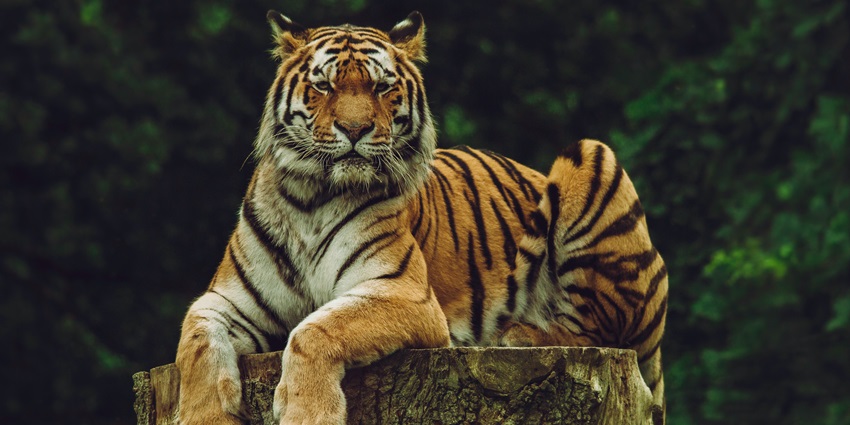
Photo: Frida Lannerström / Unsplash / Image For Representation Only
The Kuldiha Wildlife Sanctuary is undoubtedly one of the best places to visit near the fort complex. Especially for wildlife photographers and enthusiasts, this is a true paradise and heaven. Established in 1984, this is one of the major wildlife sanctuaries in Odisha and is spread across the Chota Nagpur Plateau region. Some of the animals that can be spotted here are elephants, tigers, bison, gaur, giant squirrels, sambar as well as leopards. Kuldiha Wildlife Sanctuary is a must-visit destination for tourists looking for moments of peace and a serene getaway away from the chaos of the city.
Distance: 90 km
Entry Fee: ₹200 per car
Timings: 9 AM – 4 PM
2. Chandipur Beach
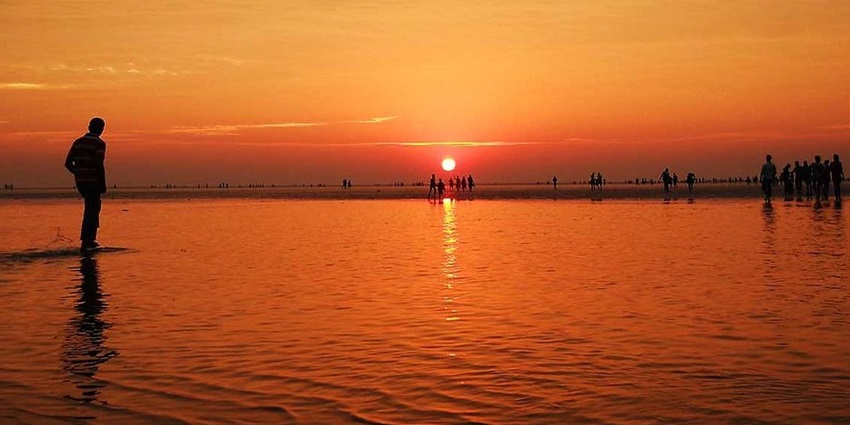
Photo: Surjapolleywiki / Wikimedia Commons
Located approximately 17 km from the Balasore Railway station and located on the shore of the Bay of Bengal, Chandipur Beach is one of the best beaches to visit in Odisha. Stretching for about 5 km, this beach exudes a very peaceful and calm ambience. This beach is also home to some endangered species such as horseshoe crabs, starfish, sea urchins, and a lot more. The confluence of the Buddhangala River offers scenic and panoramic vistas, which is a popular tourist spot as well. This is a great beach to simply relax, rejuvenate and enjoy a tranquil escape.
Distance: 80 km
Entry Fee: N/A
Timings: 24*7
Suggested Read: Offbeat Places Near Puri
3. Panchalingeshwara Temple
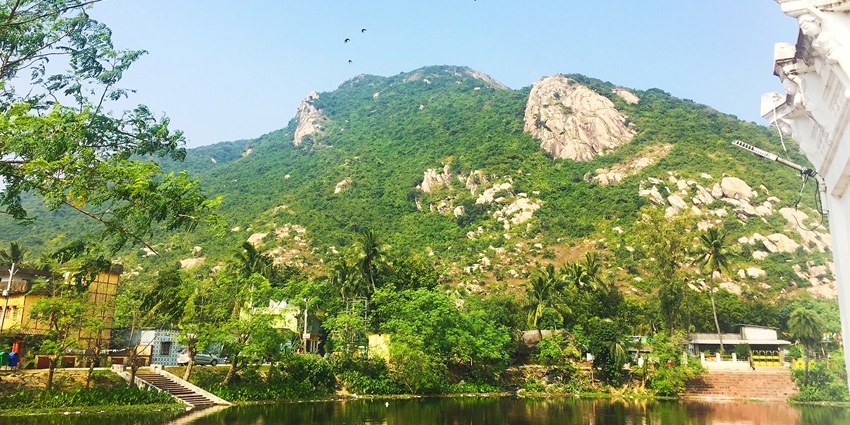
Photo: Subhashish Panigrahi / Wikimedia Commons / Image For Representation Only
Panchalingeshwara temple is a Hindu temple situated in the Balasore district of Odisha and perched atop a hillock of the Nilgiri Hills. Dedicated to Lord Shiva, this temple is visited by a lot of devotees every year. There are a lot of interesting legends associated with this temple as well. The most popular legend is that the five Shivalingas inside the temple have been enshrined by Sita, Lord Rama’s wife during exile. There are many more such interesting myths that tourists can learn more about from either the localities or their tour guides.
Distance: 94 km
Entry Fee: N/A
Timings: 7 AM – 4.30 PM
4. Talasari Beach
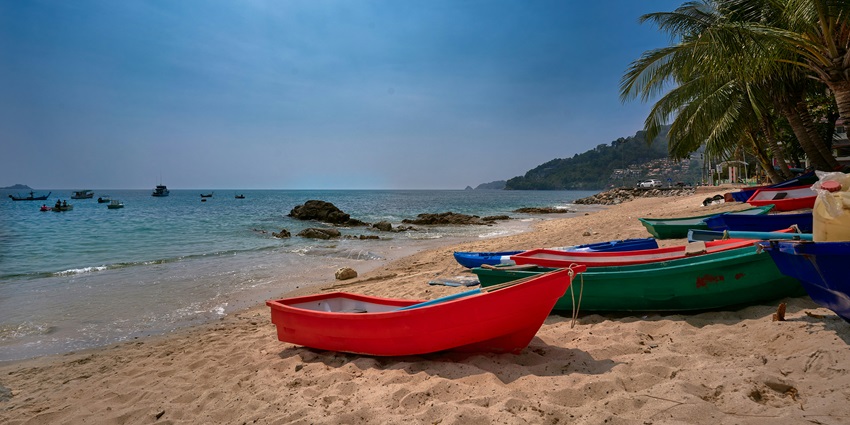
Photo: Norbert Braun / Unsplash / Image For Representation Only
Located in Baleswar, Odisha, Talasari Beach is a relatively secluded beach that exudes a pristine and peaceful ambience. Visitors can visit this beach to relax, rejuvenate, Meditate, to practice yoga or for simple leisurely walks. For thrill-seekers, this beach also offers a limited range of water sports and activities such as parasailing, various kinds of boat rides, swimming and much more.
Distance: 60 km
Entry Fee: N/A
Timings: 24*7
Suggested Read: Lakhari Valley Wildlife Sanctuary
5. Bichitrapur Mangrove Sanctuary
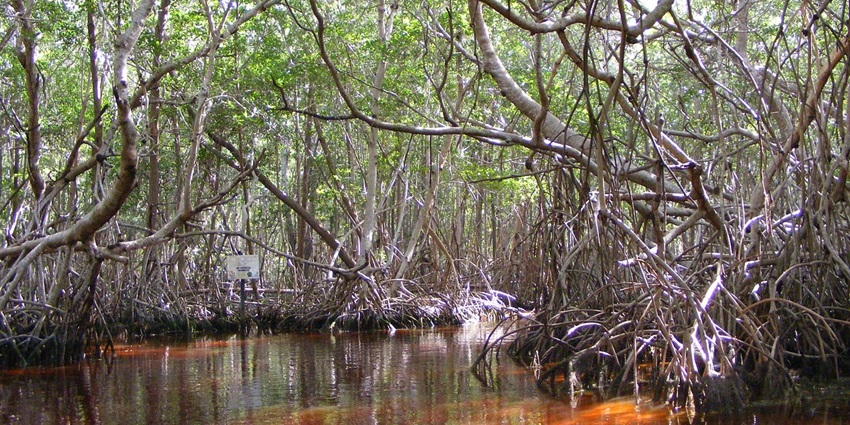
Photo: organizatuempresa / Pixabay / Image For Representation Only
Situated about 20 km from Digha and located on the confluence of River Subarnarekha and the Bay of Bengal, the Bichitrapur Mangrove Sanctuary has sheltering birds and olive ridley turtles, that tourists may be able to spot. Tourists can go for a boat ride to the confluence of the river and sea, and check out the Mangrove trees. The place offers some stunning panoramic vistas of the surrounding areas that visitors can enjoy as well.
Distance: 63.5 km
Entry Fee: ₹100
Timings: 6 AM – 6 PM
Best Time To Visit
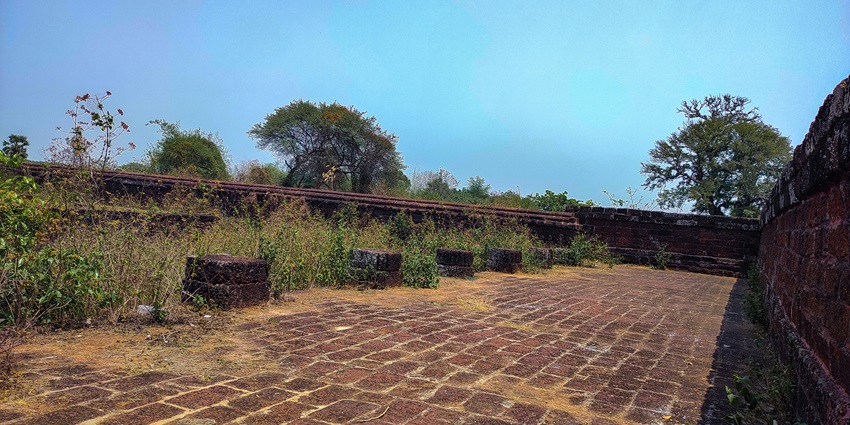
Photo: Tisha Mukherjee / Wikimedia Commons
Although visitors can visit the fort any time of the year, it’s ideal to visit during the colder months of October to March, to ensure a pleasant experience which will allow them to make the most out of the trip and appreciate the tourist landmark to the fullest. If tourists plan to visit the landmark during the summer months of April to May, they must be prepared accordingly with sunscreen, caps, sunglasses, etc. The temperatures are high during these months, and the weather is hot and humid. However, since this is not the peak season there is not much crowd and visitors can enjoy a peaceful ambience.
Suggested Read: National Parks In Odisha That You Must Visit For An Exhilarating Experience
Where To Stay
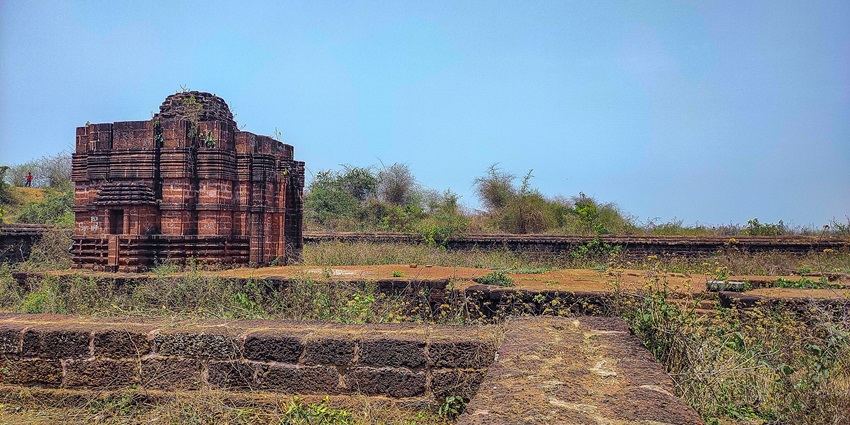
Photo: Tisha Mukherjee / Wikimedia Commons
Although the area near the Raibania Fort is not heavily commercialised, there are some great lodging and accommodation options a few miles away from the fort. The options range from cosy guesthouses and inns to 3-star hotels and resorts. Some of the popular accommodation options near the fort are Panthasala Chandipur, Arpita Beach Resort, Nocci Residency, Hotel Shubham, and a lot more.
Now that you have a comprehensive guide and the perfect list of things to know before visiting the Raibania Fort, it is time to pack your suitcases and set out on an enthralling trip to Odisha. Plan an exciting visit with TripXL to avail the best deals and offers. Visit this fascinating tourist landmark and get a glimpse into the rich heritage and history of the place.
Cover Photo: Amitabha Gupta / Wikimedia Commons


 WhatsApp
WhatsApp
 Twitter
Twitter









